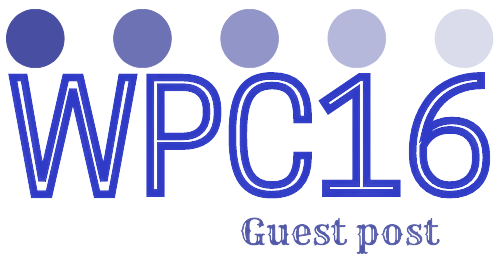In order to understand how the USA Model works, you first need to have a basic understanding of the economic and political systems that drive it Know About Lorraine Braccio
The United States has a mixed economy, one that features characteristics of both capitalism and socialism. This type of system protects some private property and allows a degree of free capital use, but also allows governments to intervene for the public good.
The Economy
The economy is the system that produces, sells, and distributes goods and services. It includes production, employment, investment, savings, health, money, the banking system, government policies on taxation and spending, international trade, industrial organization and regulation, and urbanization.
There are many types of economies, including market, command, traditional, and mixed. Each has its own ideals and systems of control.
A market economy is based on the idea that people and businesses can exchange goods and services freely. The prices charged by producers are determined by the relationship between supply and demand.
A traditional economy relies on customs, history, and time-honored beliefs to determine production and distribution. A command economy is based on a government that controls economic activity through rules and regulations. In a mixed economy, the government and private sector work together to provide goods and services. The United States is a mix of market and command economies. It has a welfare state but also has a significant public sector that provides public goods and services like roads, military protection, hospitals, and education.
The Government
The US government controls part of the economy through restrictions and licensing requirements in areas like education, roads, hospital care, postal delivery, and subsidies to agricultural producers, oil companies, and financial firms. It also provides a limited welfare state to help people live better lives and reduce the effects of extreme poverty.
It has a habit of imposing its political system on other countries and exporting its brand of democracy to them, even to the point of using its own values as a weapon of massive destruction in order to attack the people of other nations. Such actions have brought about regional turbulence and wars in the name of “democracy”, destroyed what once were beautiful countries, and harmed world peace and stability.
Money politics, lobby groups, and a small group of rich people dominate the system, making it almost impossible for ordinary citizens to have an impact on government policy. The resulting gridlock is a formula for disaster, from the COVID-19 pandemic to the economic slowdown and climate change crisis.
The People
The American political system has been rigged by gerrymandering, voter suppression, and money politics. This has led to economic inequality that is much higher in the US than it is in most other advanced countries.
It has also made political polarization more acute, exacerbated identity politics and tribalism, and worsened social division. This has weakened the democratic system and degraded its ability to serve the people’s interests.
This has resulted in the “vetocracy” phenomenon, where individual veto players can block action by the whole body, effectively paralyzing the government process. This has led to government efficacy being weakened, law and justice trampled upon, development stagnating, and progress stalling.
As a result, many people in the US feel that democracy does not work and is unable to advance their lives. This perception is shared by more than a quarter of respondents in France, Germany, and Sweden.
The Wealth
The wealth and income distribution in the USA are far more unequal than in most other advanced countries. The causes of this inequality are varied, but one common theme is that policy decisions have a large impact on the level of wealth and income inequality.
The US government controls or provides subsidies for most of the goods and services that we consume. This includes education, transportation, roads, hospitals, and postal services, as well as agriculture and oil.
As a result, those who provide these services can raise prices above what would prevail in competitive markets, increasing their profits and the share of income going to their owners and managers. This type of “rent extraction” is a major driver of inequality.
The moneyed class is also able to manipulate laws and regulations in their favor. This has allowed them to increase their own compensation, often by avoiding legal responsibility and imposing harm on others. This is the main reason for high economic inequality in the U.S. Unless there is a democratic political awakening to break this feedback loop, inequality will continue to widen.


